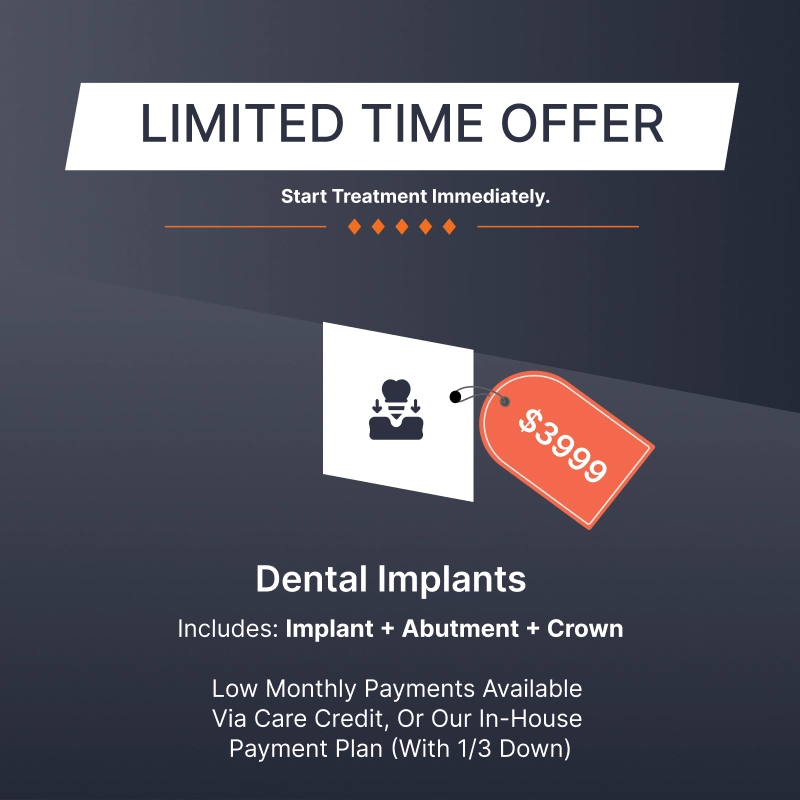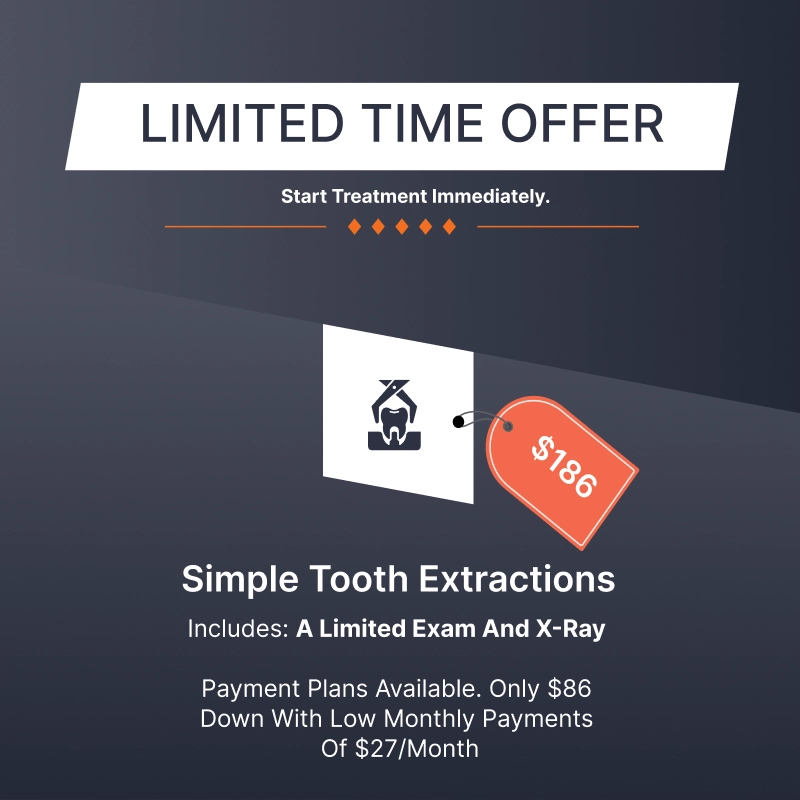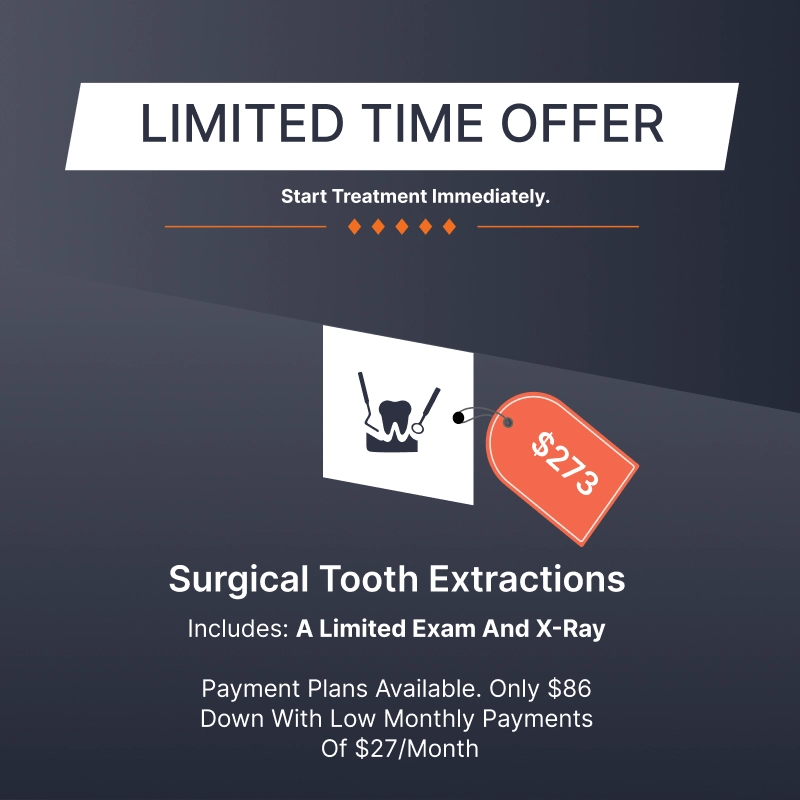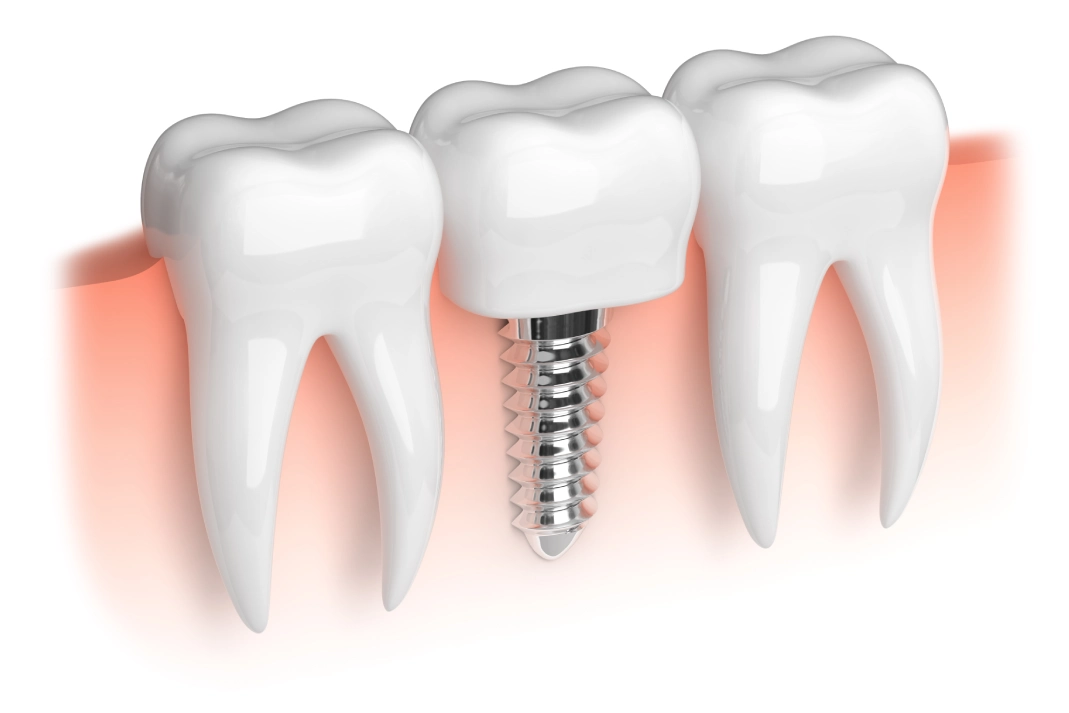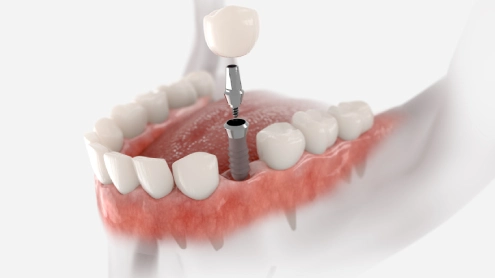A missing tooth can be a source of both functional and aesthetic concern. It can impact your ability to chew comfortably, speak clearly, and even affect your confidence. Dental implants offer a permanent and natural-looking solution for replacing missing teeth. But a common question that arises is: What is the cost of a single tooth implant?
Understanding the factors that influence the cost of a single tooth implant and planning your finances accordingly can help you achieve the smile you deserve.
The cost of a single tooth implant is subject to various factors, illustrating the personalized nature of dental care and the unique requirements of each patient. Below are the key elements that influence the cost of a single tooth implant:
Materials used for the abutment (connector) and crown (artificial tooth) atop the implant can impact overall expenses. High-quality materials such as porcelain or ceramic, while more costly, offer aesthetic advantages.
The expertise of the implant dentist performing the procedure plays a crucial role in cost determination. Seasoned professionals may charge higher fees, reflecting their skill and the likelihood of successful outcomes.
Cost of living and demand for dental services in a region influence overall dental procedure costs, including single-toothw implants. Urban areas and regions with higher living expenses may entail higher dental care expenses.
Diagnostic procedures like X-rays, CT scans, and impressions are necessary before implant placement, contributing to costs. Additional treatments like bone grafting or sinus lifts also impact overall expenses.
Dental insurance coverage extent is pivotal in determining out-of-pocket expenses. Plans may cover a portion of the implant procedure or related components, like the crown. Lack of coverage can result in higher personal costs.
Expenses for post-operative care, including follow-up appointments and adjustments, should be considered. Comprehensive aftercare contributes to implant success and longevity.
Anesthesia fees, facility charges, and miscellaneous expenses can contribute to overall implant costs, varying based on specific surgery circumstances.
Understanding these factors and discussing them with the implant dentist during consultation enables individuals to gain clarity on anticipated costs associated with a single tooth implant.
The cost of a single tooth implant can fluctuate considerably, shaped by numerous factors. Typically, individuals should anticipate investing between $3,000 and $6,000 for a single tooth implant. This estimation covers the implant surgery, abutment (connector), and crown (artificial tooth).
It's essential to recognize that these figures are approximate and subject to change depending on geographic location, the proficiency of the dental practitioner, and the materials employed.
Considering the investment involved, planning your finances for a dental implant is crucial. Here are some tips to help you manage the cost:
- Get Multiple Consultations: Consult with several dentists to compare their fees and treatment plans. This allows you to understand the range of costs and choose the option that best suits your budget and needs.
- Ask About Payment Plans: Many dental clinics offer financing options or payment plans to help spread the cost of the implant over time.
- Consider Dental Insurance: While most traditional dental insurance plans may not cover the full cost of the implant, they might offer partial coverage for the crown or certain procedures associated with the implant placement.
- Explore Alternative Financing Options: Some dental offices partner with third-party financing companies that offer low-interest loans specifically for dental procedures.
- Plan for Additional Costs: Factor in potential additional charges for consultations, X-rays, medications, and anesthesia.
If you're thinking about getting a dental implant and seeking clarity on whether it's the best solution for you, look no further than Legacy Dental. Our team of dental experts is here to address any inquiries you may have, ensuring you feel assured about your treatment decisions. Whether you prefer reaching out directly or booking online, we're ready to accommodate your needs with prompt scheduling.

